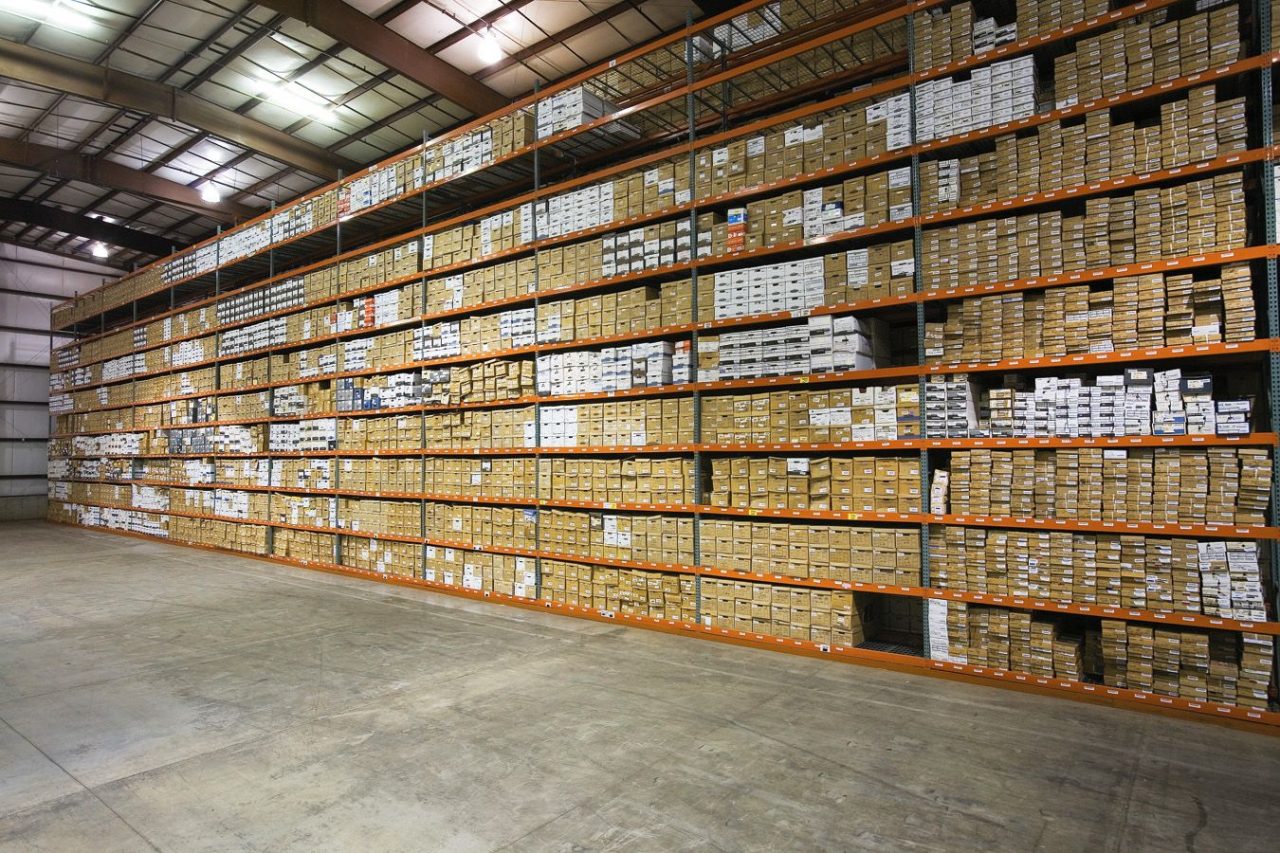Tips for Ensuring the Security of Your Small Business and Home Office
Because of the ever-changing small business culture and the consequences of the COVID pandemic, around 42 percent of the US labor force now works full-time from home. Whether your small business is run from home or a commercial site, it is equally vulnerable to data security breaches.
But my company is too small to be a target for identity thieves, right?
Being small does not protect your company from information theft. You are never too small to be targeted if you have something worth taking. Every employee who works from home is an entrance point for a cyberattack. Small businesses are easier targets since they frequently let their guard down when it comes to adequately protecting their assets. However, security measures are not a luxury; they are a requirement.
So, how can I avoid a data breach?
A data breach can result in financial loss, downtime, and a loss of confidence from your customers. Many small firms incur major expenses and even fail as a result of a data breach due to catastrophic legal, financial, and reputational damage. Prevention of data theft is equally as important as discovery and response. Here are some easy ways to safeguard your small company information:
- Utilize cutting-edge technology. This includes the installation of firewalls on all devices as well as the use of anti-malware and antivirus software. It is also critical to keep these security measures up to date. Set up automated software and operating system updates.
- Use a VPN (Virtual Private Network). A Virtual Private Network (VPN) will conceal your IP address and physical location while encrypting your internet data, making it impossible for anyone to determine who you are, where you are, or what you are doing. They are compatible with PCs, laptops, iPhone, iPad, and Android phones. Secure company data by requiring all remote employees to use a VPN while connecting to company servers and networks.
- Avoid using strange apps. Risky apps raise the possibility of a cyberattack on your network and devices. Allow unfamiliar apps to be downloaded and uninstall any apps that aren’t commonly utilized to boost your degree of security. Every door you close increases the security of your data.
- Network security. User permissions should be adjusted to allow only those who need access to enter. Passwords should be changed on a regular basis, and they should not be written down where others can see them. Passwords, when used in conjunction with a password, boost security even more than a basic password.
- Use only reputable USB drives. Never insert an unknown USB disk into your device. Using new or familiar USB drives will help prevent viruses from being unintentionally loaded onto your device and network.
- Understand how to spot phishing frauds. Consider the source before clicking on links in emails, messages, or social networking sites, or giving someone information over the phone. This will allow your brain to assess whether you are about to click on something suspect. Hovering over links will reveal the final URL. Keep an eye out for misspellings, inconsistencies, or links that do not correspond to the sender or content. A minute of care can often save your company from the dangers of a phishing scam.
- Back up frequently. This will protect you from accidental deletion as well as external attacks such as ransomware. Don’t let your data be accidentally destroyed or held captive. Backing up frequently to the cloud or an external data vault will keep your files as current as possible.
- Implement physical security. Keep the office doors closed. This is especially true for a home office. Keep your office and living space separate. Laptops should be kept in locked drawers and password-protected.
- Shredding – At the end of each work session, file or trash all confidential data, whether paper or digital, and lock your file cabinet or computer. Ensure that obsolete media and hard copies are securely shredded. A large majority of data breaches and IP theft are caused by stolen devices.
- Remove paper files from the office. Moving your active and archive paper files to an offsite records center will aid in the security of your data. It will provide additional backup for your company, and the records retrieval and delivery service will allow you to retrieve your data from any location without the risk of bringing them with you.
Knowledge and execution of data theft detection and protection methods will improve the security of your business information and reduce possible losses, regardless of whether your staff operate in a business facility or at home.
Request an estimate on our website or by calling 860-627-5800 to learn more. Our experts will ask you a few questions to better understand your requirements, after which they will tell you exactly what to expect from start to finish, including the cost.



